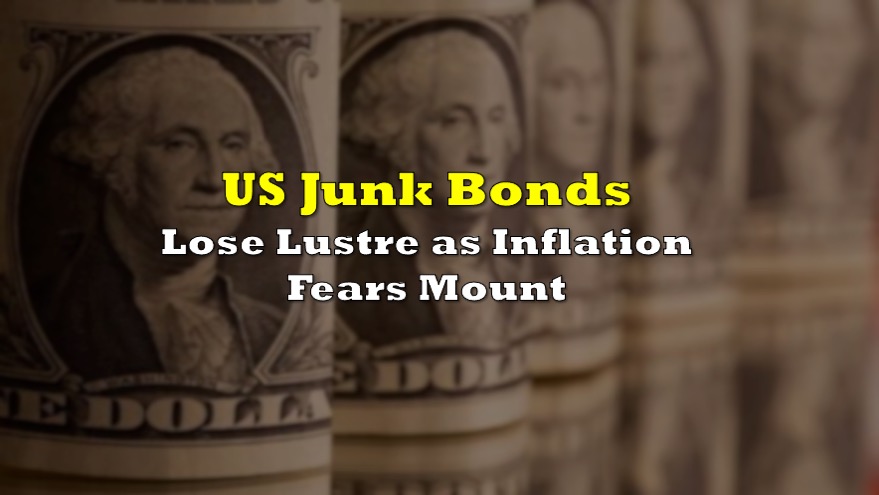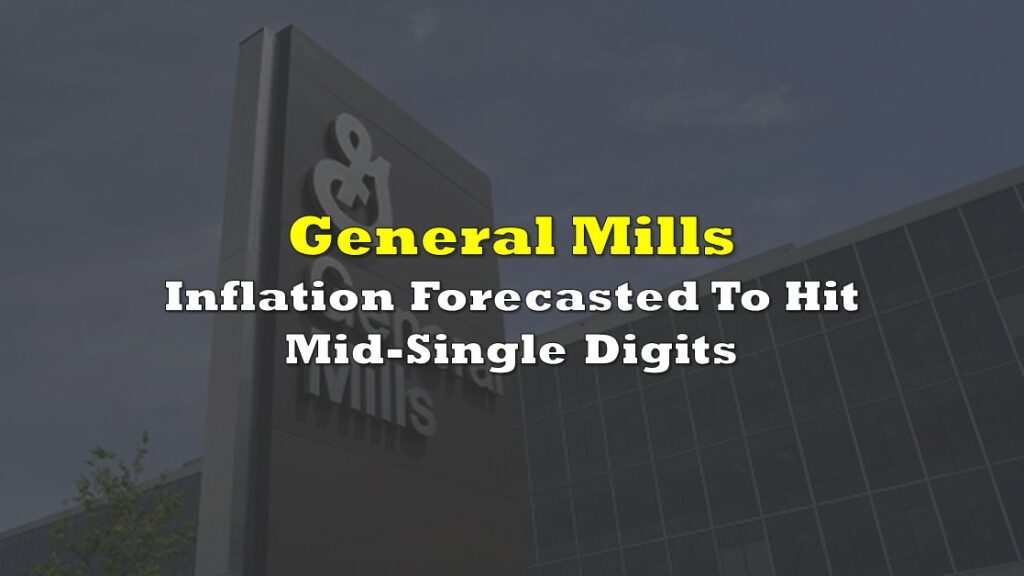The US junk bond market is showing signs of faltering, as investors’ inflation fears grow, threatening to derail the strong rally that saw some of the riskiest corporations issue record loads of debt throughout the Covid-19 pandemic.
The high-yield bond market has served as a temporary safe haven for investors looking to escape the heightened volatility of government bonds and stocks since the beginning of the pandemic. Now, however, it appears that some of corporate America’s riskier assets are beginning to flash warning signs.
According to data compiled by ICE Data Services and later cited by the Financial Times, the excess yield above Treasuries that investors receive for buying junk bonds remained relatively flat in May, marking the second time over the pat 14 months where spreads have not contracted. The spread jumped to as high as 3.42 percentage at the beginning of May, before tapering off to 3.29 percentage points by the end of last week.
Spreads have fallen significantly since the pandemic’s peak, which saw spreads soar to nearly 11 percentage points in March 2020 as investors quickly bought lower asset classes amid anticipation of stronger economic growth and and a successful vaccine rollout. However, those same junk bonds are now losing their lustre, as an increasing number of investors fear surging inflation once the US economy fully reopens, prompting the Federal Reserve to pull back its support for the markets.

In a further illustration of the rising uneasiness, investors have already withdrawn over $5.6 billion out of mutual and exchange traded funds that purchase US high-yield bonds over the past month. “The fund outflows show some concern in the market,” explained Invesco high yield portfolio manager Rhys Davies to the Financial Times. “Up until now high yield markets have been willing to take the more optimistic view. Some inflation is fine, but too much is when we start to worry.”
Information for this briefing was found via the sources mentioned. The author has no securities or affiliations related to this organization. Not a recommendation to buy or sell. Always do additional research and consult a professional before purchasing a security. The author holds no licenses.









